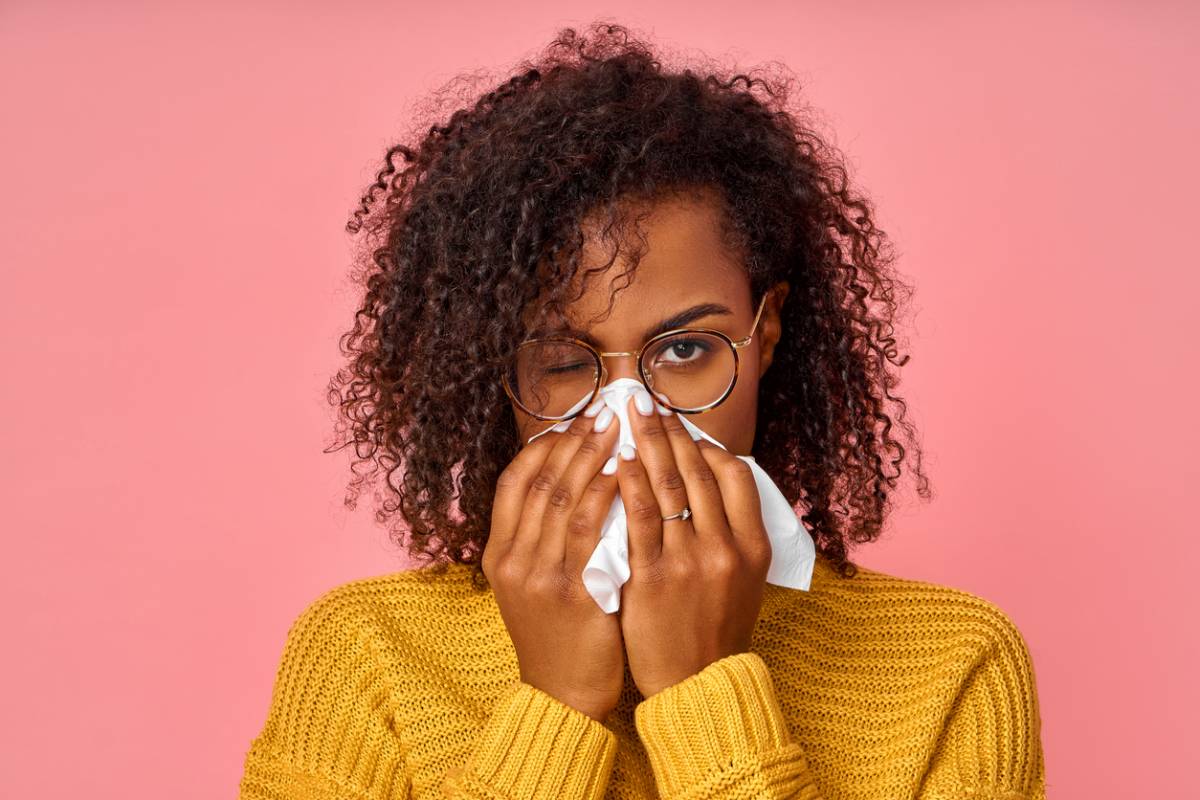Allergies are very common as more than 50 million people in the United States deal with them. Allergies are also the sixth leading cause of chronic illness in the United States. Dealing with the unwanted symptoms associated with allergies can be daunting. In fact, you may wonder, why aren’t my allergies improving?
Why Aren’t My Allergies Improving?
Allergies can impact your quality of sleep, your daily life, and the unwanted symptoms can be overwhelming. Allergies can sometimes pass without issue, but in many cases, treatment is necessary. Below you will find the top reasons why your allergies aren’t improving and what you can do about it.
New Allergens:
If you have been allergic to the same allergen for a while, an allergy flareup can feel like it’s coming out of nowhere. Sometimes people who have seasonal allergies are surprised when their allergies stick around, or if they notice they are having a reaction to new allergens. Allergens are everywhere, both inside and outside of your home. Because of this, an allergy flareup may mean that you are allergic to something different than you expected. The best way to address this is to schedule an appointment with an allergy specialist in NYC.
Incorrect Allergy Medication:
Sometimes the issue can be as easy as finding the right allergy medication. While there are a number of allergy medications you can get over-the-counter, it can be really helpful to consult with an allergy specialist. They are skilled in diagnosing and creating a long-term treatment plan for your allergies.
Not Adhering to Your Allergy Treatment Plan:
If you have been to a medical professional about your allergies, it is important to adhere to the treatment plan. If you adhere to the plan and it doesn’t work, it’s a great time to talk about modifications. However, being inconsistent or avoiding your treatment plan altogether can leave you with the same issues you started with. It is important to note that if you have an adverse reaction to the treatment plan you should consult with your allergy specialist right away.
Furry Friends:
Your pet may be the culprit. While it’s understandable that you don’t want to part ways with your pet, modifications need to be considered if you are diagnosed with a pet allergy. This includes keeping them out of your bedroom, cleaning your home often, and getting your pet bathed regularly. For those with cat allergies, this can be really difficult. In some cases, if your symptoms do not get better, removing your pet from your home may be necessary to effectively address the issue.
Unavoidable Triggers:
Certain triggers may be unavoidable. In this case, you will need to limit your exposure as best as possible. This can include things like keeping your doors and windows closed, using a humidifier in rooms that get swampy, using a HEPA filter air cleaner in your bedroom, and wearing a mask when you rake or mow your lawn. Consult with your allergy specialist about how you can modify your daily routine and address how to deal with unavoidable triggers.
You Live Somewhere New:
If you have recently moved, it is entirely possible that you could be affected by the new allergens in that area. This can include the outdoor allergens, and even allergens at your new home or workplace.
Unhealthy Lifestyle Habits:
While partying all night may be an amazing time, it can impact your allergies. Smoking (including second hand smoke) and alcohol consumption can have a serious impact on your allergies. Smoking can make your allergies much worse and consuming alcohol can boost your response to pollen. Focus on modifying your lifestyle in this case as it can improve your allergies.
Allergy Treatment
If your current allergy treatment plan isn’t working, it’s important to contact a skilled allergy specialist. They can properly diagnose and create an allergy treatment plan that works for you. Contact the top allergy and asthma specialist in NYC today to schedule an appointment!

